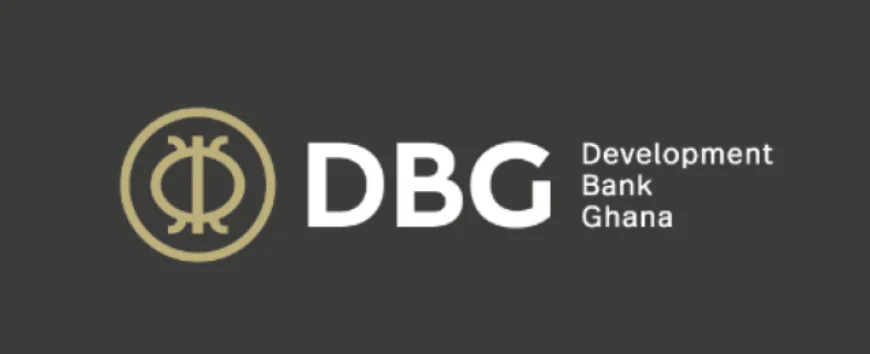DBG in Crisis: IMANI Blows Whistle on Massive Financial Mismanagement, Governance Failures
Bright Simons Unveils Explosive Details of Civil War Within DBG Over Risky Spending, IT Overpricing, and Legal Oversights

The Development Bank Ghana (DBG), a flagship financial institution established to transform Ghana’s private sector, is now under intense public scrutiny following damning revelations of governance breakdown, financial mismanagement, and internal power struggles, according to IMANI Africa Vice President Bright Simons.

In an explosive exposé shared via LinkedIn, Simons cites a confidential Deloitte “progress report” as the basis for his allegations—an audit report triggered by what he described as a “civil war” within the Bank that broke out in late 2024.
“Money was being spent as if it grew on trees,” Simons declared, highlighting the magnitude of unchecked spending within an institution expected to uphold the highest international fiduciary standards.
■ Boardroom Chaos and Resignations
The internal rift, according to IMANI, pitted compliance, risk, and audit officials against powerful factions within the Board and senior management. The friction became so toxic that two directors reportedly resigned in protest, citing grave governance lapses.
Rather than address concerns, the DBG board allegedly engaged in gaslighting tactics, attempting to discredit whistleblowers until pressure from development finance institutions (DFIs) forced the commissioning of an independent probe by Deloitte in January 2025.
■ Millions in IT Irregularities and Procurement Red Flags
One of the most alarming findings from the Deloitte investigation relates to DBG’s IT and vendor procurement, particularly the acquisition of the Temenos core banking system.
“There were price variations of millions of dollars that were not justified,” Simons revealed. A $6 million discrepancy tied to the pricing of the bank’s BizTech solution was flagged, alongside irregular contracts that were signed without legal review.
Worse still, contracts already signed were later sent for legal vetting in an attempt to cover tracks—a major breach of standard governance protocols.
■ From Audit to State Security
Despite what Simons calls a “watered down” final report, Deloitte’s May 21, 2025 submission still uncovered enough for the government to escalate the matter. State security and investigative bodies have now been drawn in, potentially setting the stage for criminal investigations.
Simons raised the alarm over:
● Board members overriding cost verification proposals
● An IT budget set arbitrarily, based on a percentage of total assets rather than actual needs
● Significant mismatches between vendor status updates and actual deliverables
“Why would any serious fiduciary board overrule efforts to verify costs?” he asked rhetorically, pointing to a culture of impunity and lack of accountability.
■ A Threat to Investor Confidence
The fallout is particularly embarrassing given DBG’s international profile. The bank was launched in 2021 with over $500 million in combined capital and support from DFIs including:
● World Bank ($250 million)
● European Investment Bank ($170 million)
● Germany’s KfW ($46.5 million)
● African Development Bank ($40 million)
These institutions require rigorous governance, which Simons argues was sorely lacking at DBG.
■ Public Trust on the Line
While the government has yet to formally release the Deloitte report, the public outcry is growing, especially with questions about how much taxpayer funds and donor capital may have been wasted.
“If a government-backed bank, funded by global partners, can’t keep its books clean, what hope is there for accountability in other sectors?” one financial analyst lamented.
As Ghana’s leadership faces mounting pressure to act decisively, the DBG saga has become more than a financial scandal—it’s now a test of Ghana’s institutional integrity, regulatory effectiveness, and political will to uphold the principles of probity and accountability.


